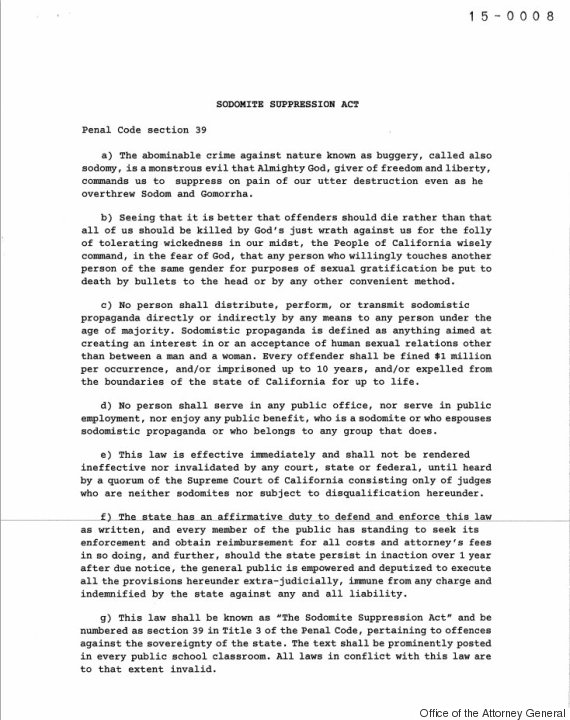As a student of law and history I found this interesting.
Following the presidential election of 1904, charges were made against the victor,
Theodore Roosevelt, regarding his acceptance of corporate contributions to his campaign. In response, Roosevelt in his annual address to Congress in 1905 called for the prohibition of such contributions:
Quote
All contributions by corporations to any political committee or for any political purpose should be forbidden by law; directors should not be permitted to use stockholders' money for such purposes; and, moreover, a prohibition of this kind would be, as far as it went, an effective method of stopping the evils aimed at in corrupt practices acts. Not only should both the National and the several State Legislatures forbid any officer of a corporation from using the money of the corporation in or about any election, but they should also forbid such use of money in connection with any legislation save by the employment of counsel in public manner for distinctly legal services.
Roosevelt repeated his call in the report to Congress for 1906, saying "I again recommend a law prohibiting all corporations from contributing to the campaign expenses of any party. Such a bill has already passed one House of Congress. Let individuals contribute as they desire; but let us prohibit in effective fashion all corporations from making contributions for any political purpose, directly or indirectly."
Contents[edit]
In response to Roosevelt's call, Senator
Benjamin Tillman of South Carolina sponsored the bill that became known as the Tillman Act. The bill passed the Senate on June 9, 1906. On June 17, 1906,
The New York Times reported that "One 'great financial authority who is a Republican' gave assurance that 'he and all the financial men with whom I have talked have welcomed this legislation with very much the same emotions with which a serf would hail his liberation from a tyrannous autocrat'."
[citation needed] The article further stated that if the bill passes the House, "it will not bring about the millennium, but will lessen a very mean and sordid practice of blackmail... the great number of corporations that have suffered extortion through weakness and cowardice will have their backbones stiffened, and parties will be put to it to fill their coffers by really voluntary contributions."
The Senate bill was subsequently amended to add a minimum fine provision and the possibility of a prison term for officers and directors. It was signed into law by President Roosevelt on January 26, 1907. The Act provided in full as follows:
Quote
An Act to prohibit corporations from making money contributions in connection with political elections. Be it enacted, that it shall be unlawful for any national bank, or any corporation organized by authority of any laws of Congress, to make a money contribution in connection with any election to any political office. It shall also be unlawful for any corporation whatever to make a money contribution in connection with any election at which Presidential and Vice-Presidential electors or a Representative in Congress is to be voted for or any election by any State legislature of a United States Senator. Every corporation which shall make any contribution in violation of the foregoing provisions shall be subject to a fine not exceeding five thousand dollars, and every officer or director of any corporation who shall consent to any contribution by the corporation in violation of the foregoing provisions shall upon conviction be punished by a fine of not exceeding one thousand and not less than two hundred and fifty dollars, or by imprisonment for a term of not more than one year, or both such fine and imprisonment in the discretion of the court.
The language of the Act provided for penalties but no actual enforcement method. No
Federal Election Committee existed to enforce the provisions. There were no existing disclosure requirements for candidates accepting contributions, and so there was no effective way to enforce the new law. The Act applied to general elections, but not primary elections. In the South, the grip of the Democratic party was absolute, and so the primary election was the most important contested race. Further, a corporation could circumvent the law by directing its officers or directors to make personal contributions to a candidate, which were not prohibited, and then simply give them bonuses at year end to effectively reimburse them for those contributions. The Tillman Act was therefore simply a first step towards regulation of campaign finance. Additional steps would be taken by Congress in the disclosure provisions of the Publicity Act of 1910 (also known as the
Federal Corrupt Practices Act), and the extension of the Tillman Act to primary elections in the 1911 amendments to the Tillman and Publicity Acts



